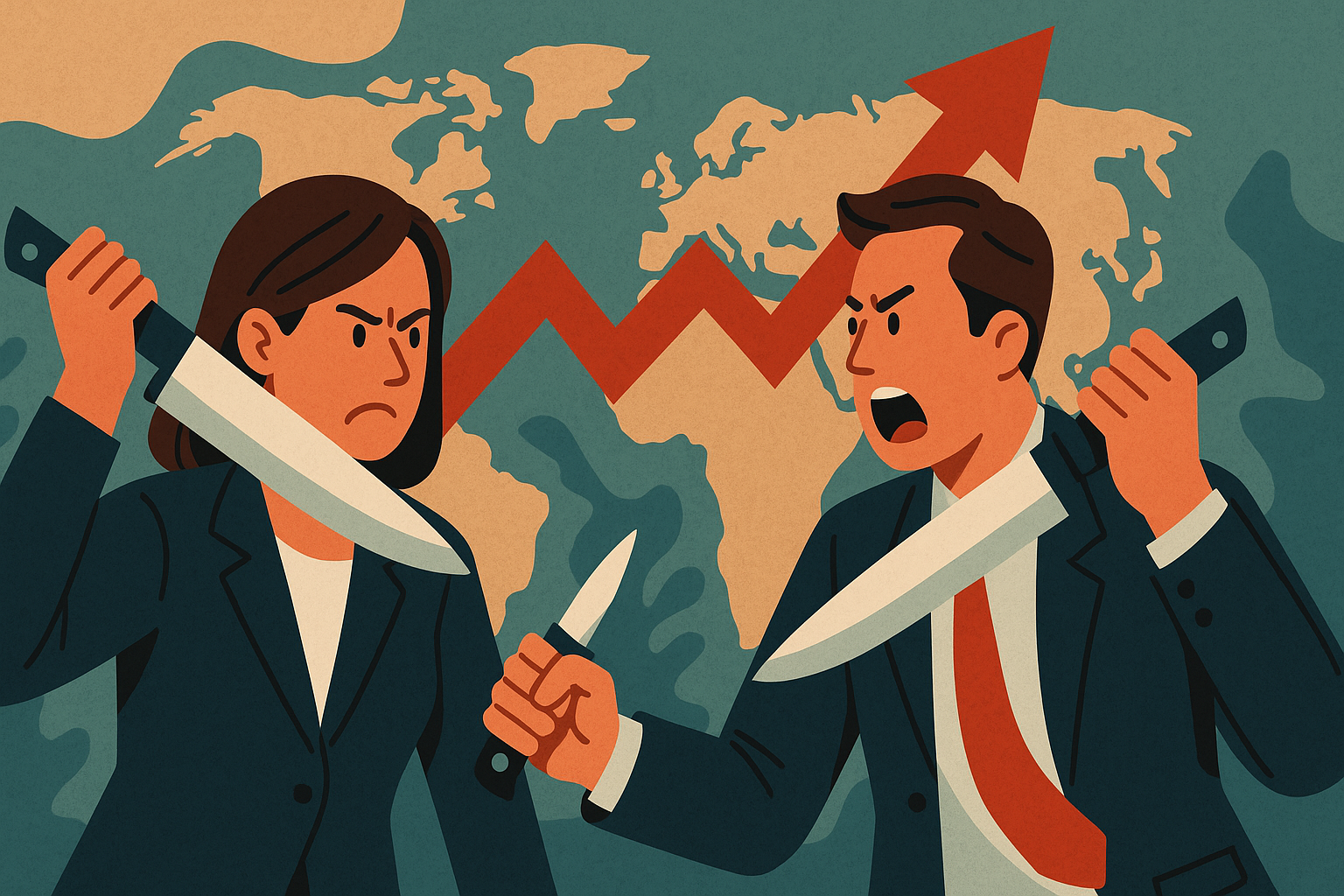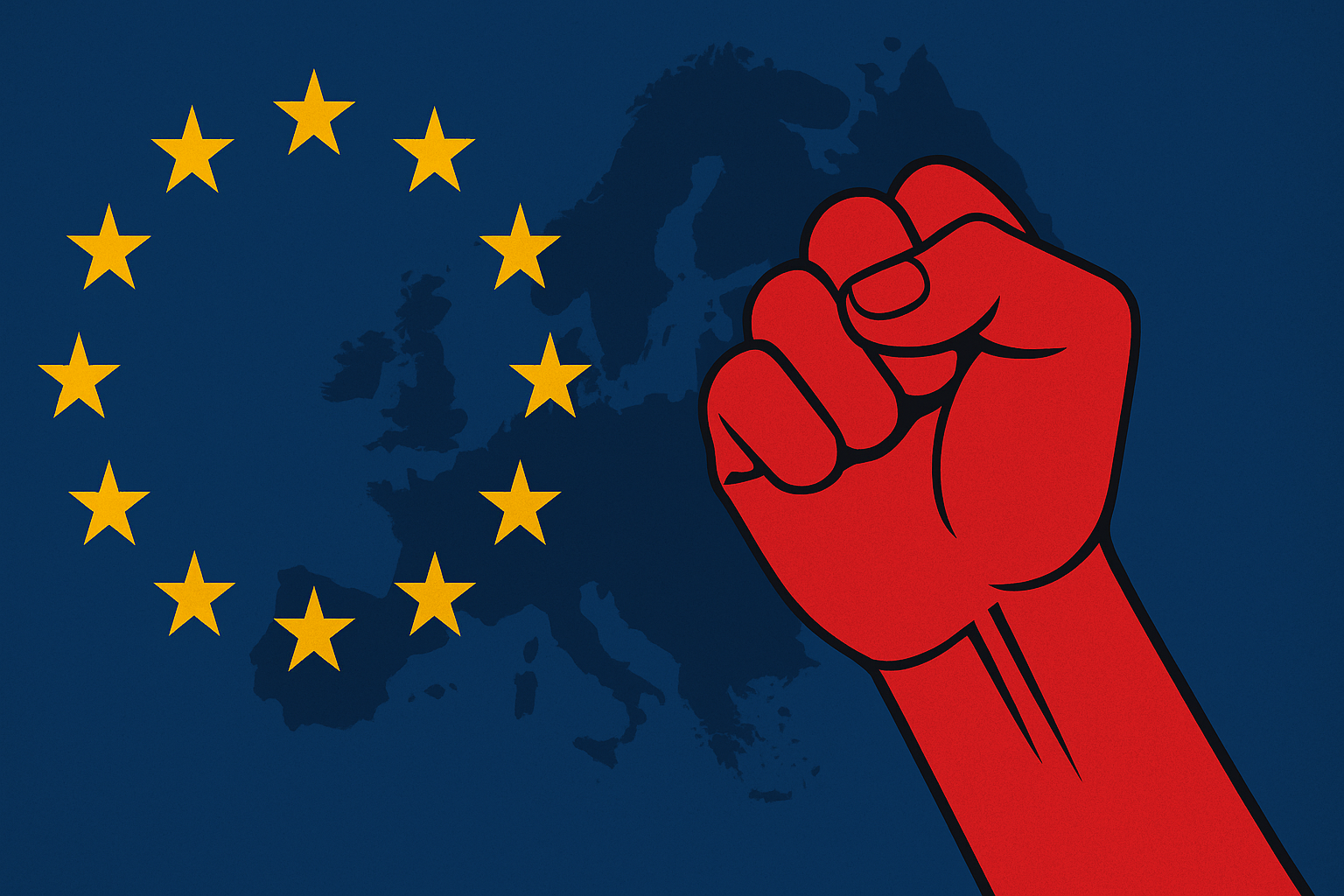Switzerland is grappling with a wave of domestic and diplomatic criticism following the United States’ sudden imposition of a 39% tariff on Swiss exports — a move announced on Switzerland’s national day, August 1. The decision, one of the highest tariff rates levied by Washington, has triggered political fallout and ignited a blame game within the Alpine nation.
Diplomatic Miscalculation and a Fractured Trade Deal
At the center of the controversy is Swiss President and Finance Minister Karin Keller-Sutter, who had led months of negotiations with US officials. Swiss authorities believed they were on track to secure a deal similar to the UK’s, which included a 10% tariff baseline. Instead, US President Donald Trump imposed the sharply higher rate, leaving Swiss officials blindsided.
Sources familiar with the negotiations revealed that Keller-Sutter held what was described as a “disastrous” 30-minute phone call with Trump the night before the tariff announcement. During the call, Trump reportedly focused solely on Switzerland’s $39 billion trade surplus with the US, rejecting the 10% proposal and expressing frustration at what he perceived as Switzerland’s lack of additional economic concessions.
“This call did not go well,” one source noted, adding that Trump was unyielding from the first minute. “All he could focus on was Switzerland stealing money from the US.”
Domestic Fallout and Political Criticism
Swiss media and political commentators have responded with sharp criticism. The SonntagsZeitung labeled the episode Keller-Sutter’s greatest failure, while the tabloid Blick called it Switzerland’s worst diplomatic defeat since 1515, referencing the historical Battle of Marignano.
The Swiss government had previously expressed optimism in April about reaching an early deal, even offering up to $150 billion in US-bound investments. Keller-Sutter claimed in July to have gained “access to Trump,” an opportunity other world leaders were reportedly struggling to obtain.
Pharmaceutical Sector Under Scrutiny
While political leadership has borne much of the initial blame, attention is also turning toward Switzerland’s powerful pharmaceutical industry, which sends 60% of its exports to the US. Companies such as Novartis, Roche, and their US subsidiaries, have been asked by the Trump administration to reduce drug prices.
Industry figures argue that the pharma sector’s dominance in Swiss exports may have aggravated US concerns. Swiss watchmaker Breitling’s CEO Georges Kern criticized the sector, claiming it has effectively “held the country hostage.”
US Trade Representative Jamieson Greer commented on Friday: “They [Switzerland] ship enormous amounts of pharmaceuticals to our country. We want to be making pharmaceuticals here.”
Swiss Reactions and Economic Concerns
The Swiss stock market, which was closed during the announcement, is bracing for volatility when it reopens. Major firms such as Nestlé, Novartis, Roche, and watchmakers Swatch and Richemont are expected to be affected.
Despite the diplomatic setback, the Swiss-American Chamber of Commerce remains cautiously optimistic. CEO Rahul Sahgal highlighted Switzerland’s investment commitments, noting that its per capita pledge exceeds that of countries like Japan or members of the European Union.
“We’re working to assess what else Switzerland can offer,” Sahgal said. “We hope to resume dialogue and move toward a better outcome.”
Background:
Switzerland abolished industrial tariffs unilaterally years ago, and the US is its largest export market for goods including watches, chocolate, pharmaceuticals, and precision machinery. Despite gold and pharmaceutical exports being exempt from the US “reciprocal tariffs,” Washington cited the significant trade imbalance as justification for the increase.
As Bern looks to regroup, the episode highlights a broader challenge: navigating high-stakes trade diplomacy in an era of transactional foreign policy, and the limits of traditional neutrality in a polarized global economy.








